50+ Sample Sample Quality Management Plans
-
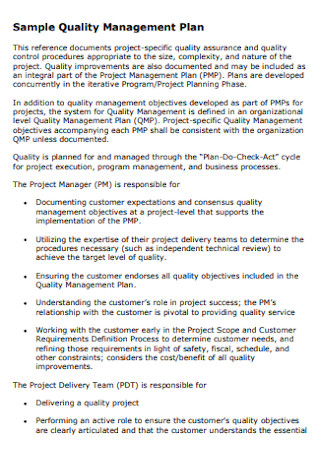
Sample Quality Management Plan
download now -
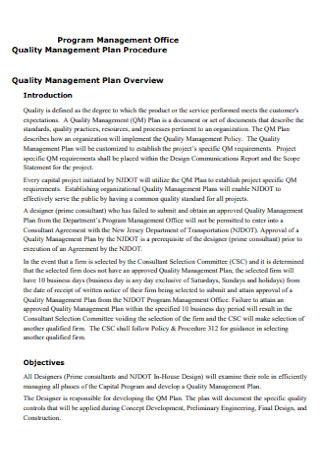
Office Quality Management Plan
download now -
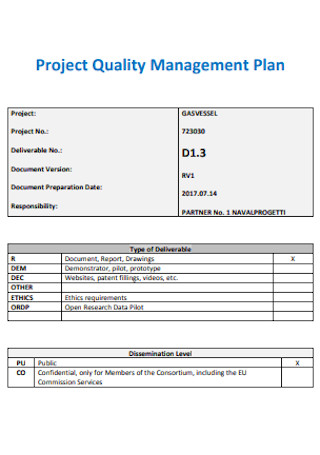
Project Quality Management Plan
download now -
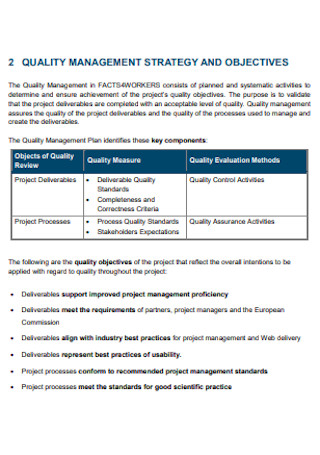
Quality Management Strategy Plan
download now -

Project Quality Management Plan
download now -
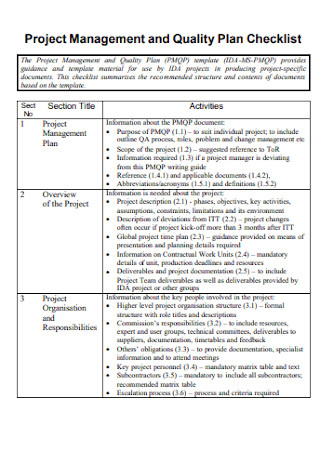
Quality Management Plan Checklist
download now -
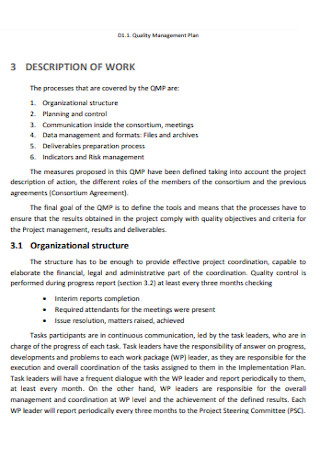
Quality Management Work Plan
download now -
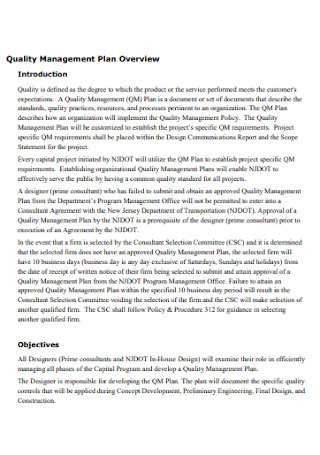
Quality Management Plan Template
download now -
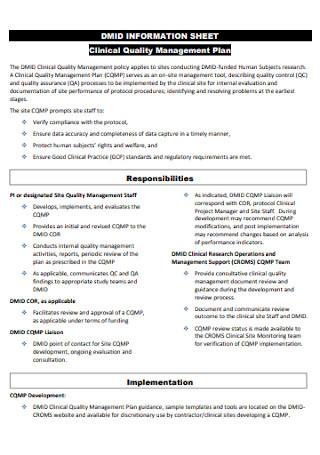
Clinical Quality Management Plan
download now -
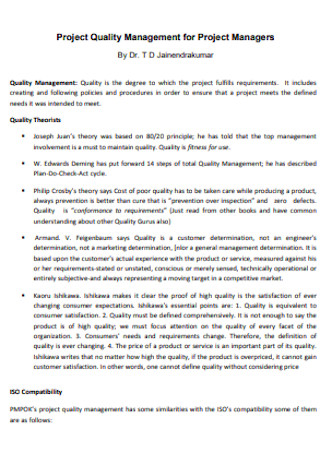
Quality Management for Project Managers
download now -
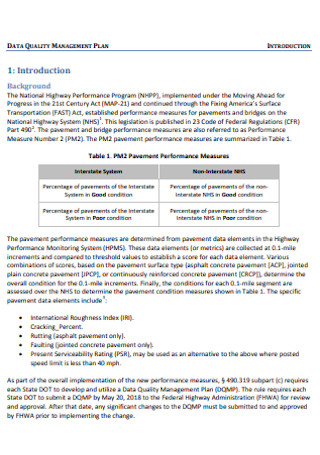
Data Quality Management Plan
download now -
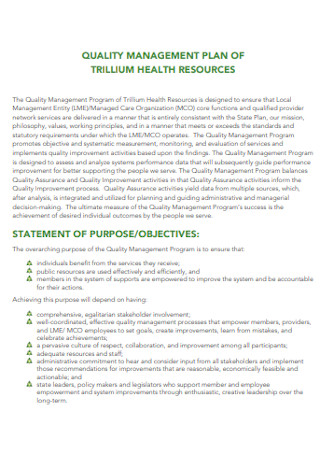
Quality Management Plan for Health Resources
download now -
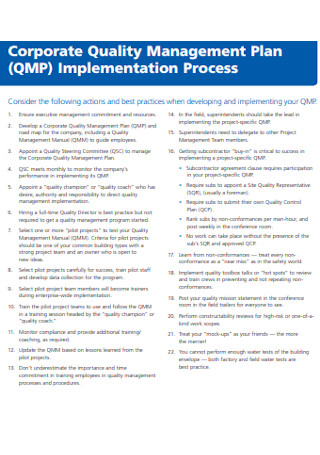
Corporate Quality Management Plan
download now -
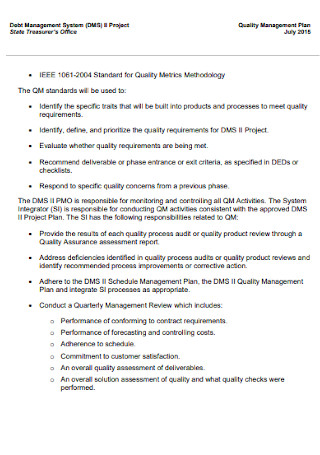
Simple Quality Management Plan
download now -
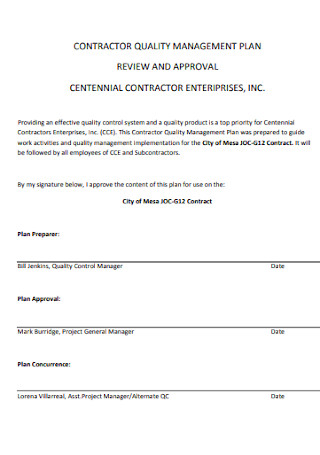
Contractor Quality Management Plan
download now -

Corporate Quality Management Plan
download now -
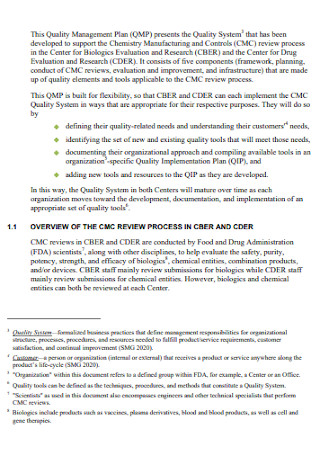
Quality Management Plan for Chemistry
download now -

Sample Project Quality Management Plan
download now -
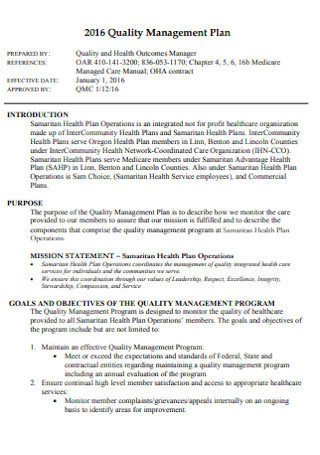
Health Quality Management Plan
download now -
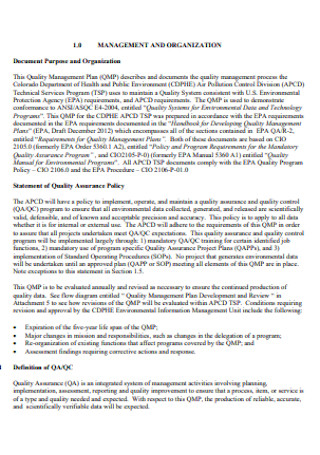
Quality Management and Organization Plan
download now -
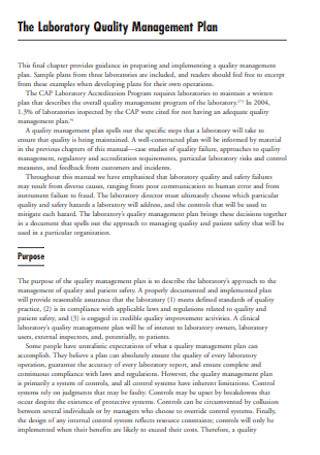
Laboratory Quality Management Plan
download now -
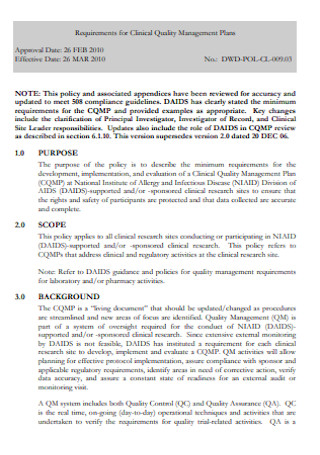
Requirements for Clinical Quality Management Plans
download now -
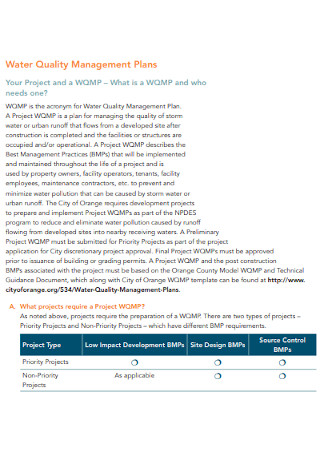
Water Quality Management Plans
download now -
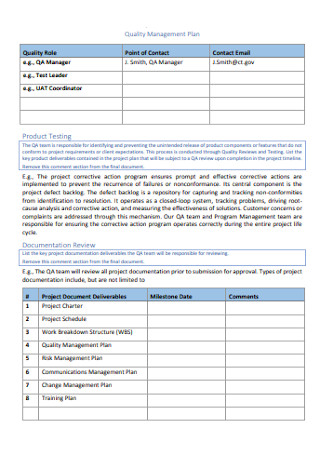
Quality Management Plan Format
download now -
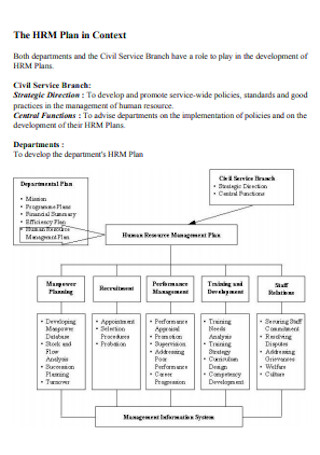
Quality HR Management Plan
download now -
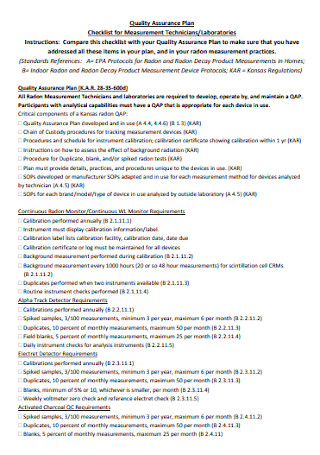
Quality Assurance Management Plan Checklist
download now -
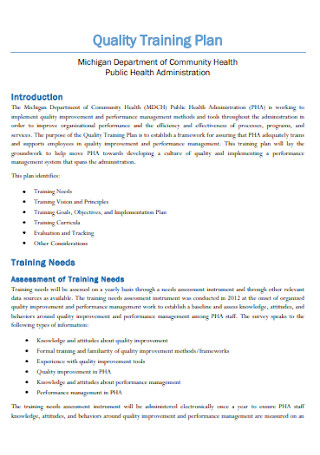
Quality Management Training Plan
download now -
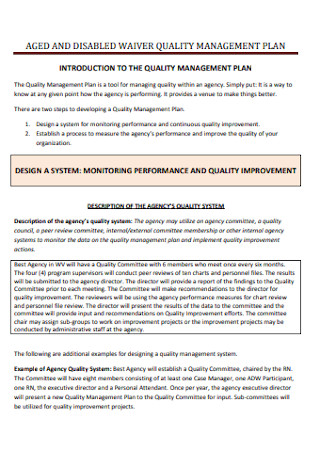
Disabled Waiver Quality Management Plan
download now -
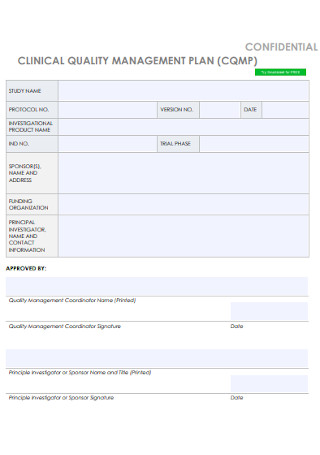
Sample Clinical Quality Management Plan
download now -
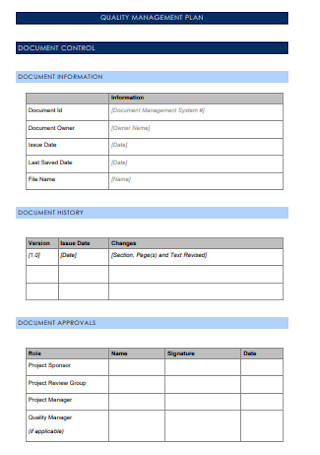
Basic Quality Management Plan
download now -
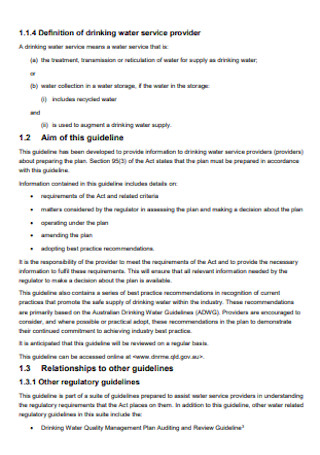
Drinking Water Quality Management Plan
download now -
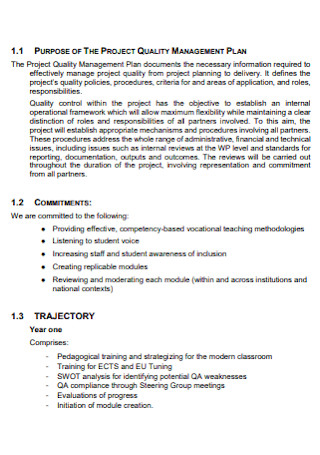
Catalyst Quality Management Plan
download now -
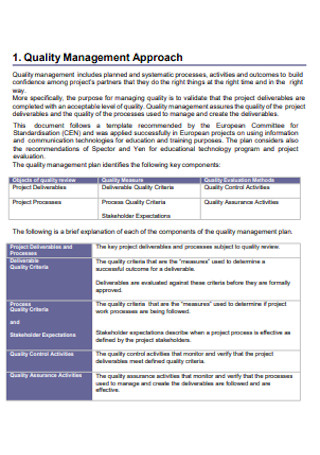
Quality Management Approach Plan
download now -
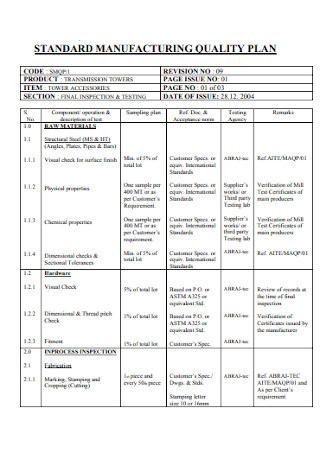
Manufacturing Quality Management Plan
download now -
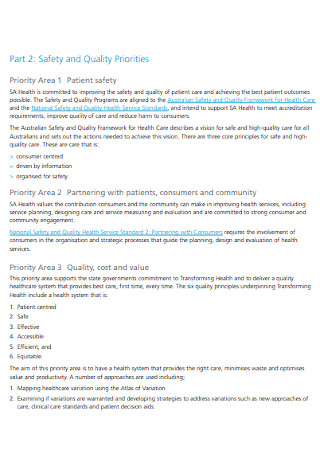
Safety and Quality Management Plan
download now -
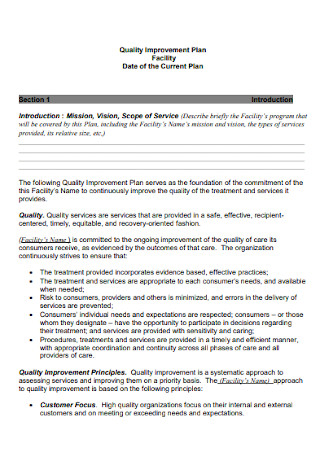
Quality Management Facility Plan
download now -
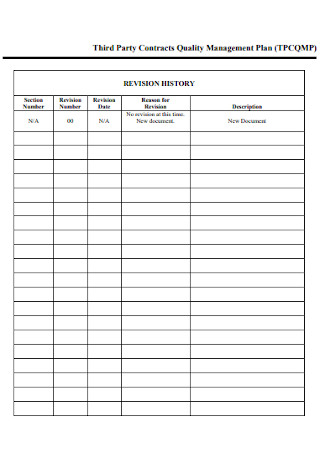
Third Party Contractors Quality Management Plan
download now -
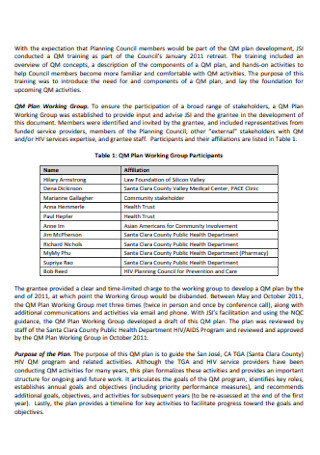
HIV Services Quality Management Plan
download now -
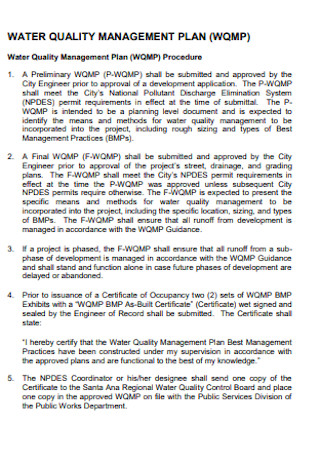
Water Quality Management Plan Template
download now -
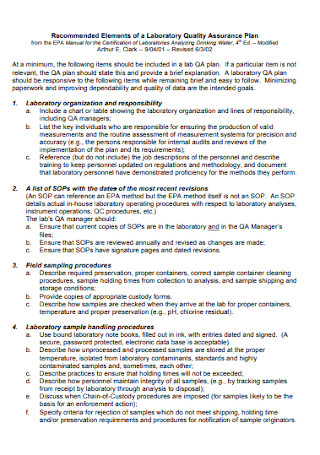
Laboratory Quality Management Plan
download now -
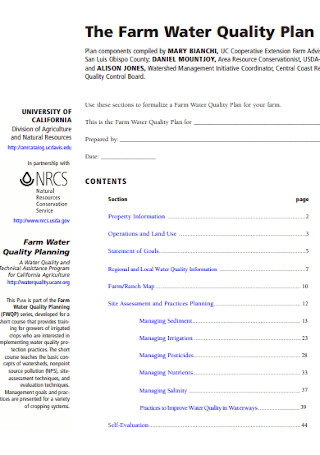
Farm Water Quality Management Plan
download now -
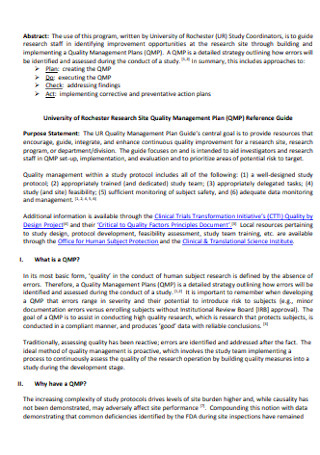
Research Site Quality Management Plan
download now -
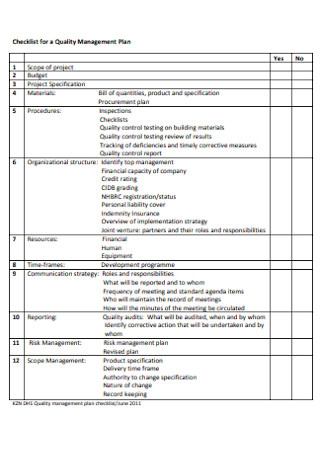
Housing Quality Management Plan
download now -
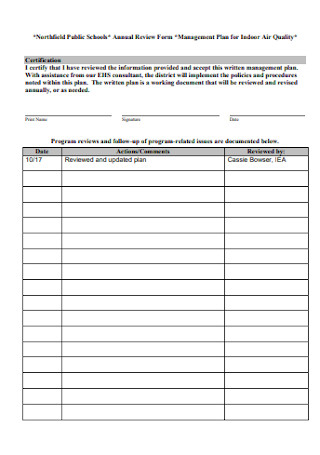
Management Plan for Indoor Air Quality
download now -
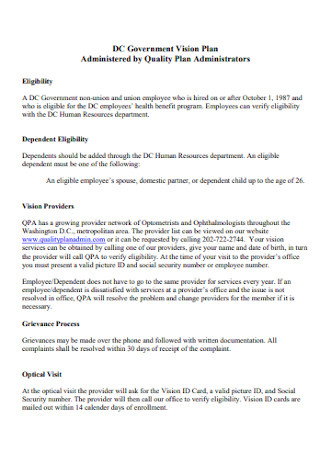
Quality Administration Management Plan
download now -
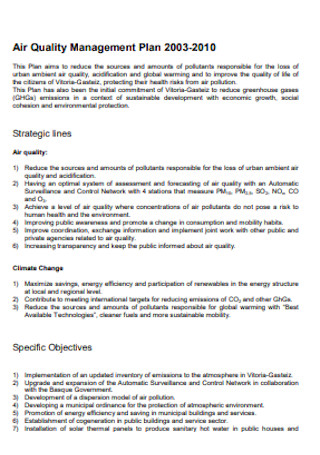
Air Quality Management Plan
download now -
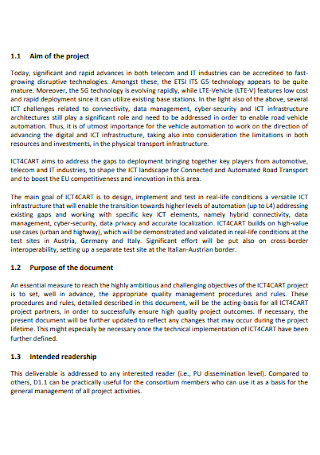
Quality and Risk Management Plan
download now -
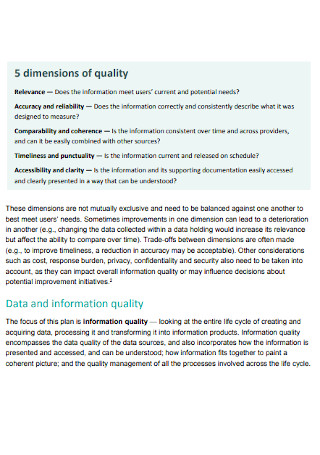
Quality Management Information Plan
download now -
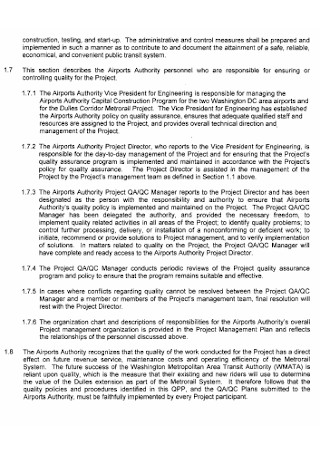
Quality Management Program Plan
download now -
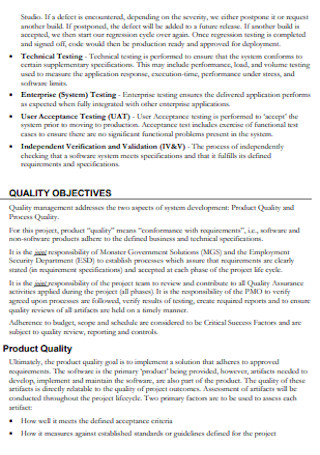
Software Quality Assurance Plan
download now
FREE Quality Management Plan s to Download
50+ Sample Sample Quality Management Plans
Quality Management Plan: What Is It?
What Are the Key Elements of QMP?
The Four Main Components of QMP
How to Make a Quality Management Plan
FAQs
What are the three fundamental objectives of a quality management plan?
Who should be involved in making the quality management plan?
What are the basic principles of quality management?
Quality Management Plan: What Is It?
A quality management plan is a must-have program for every project management system to deliver excellent quality in all aspects of work. Just like a quality plan, all the requirements to complete a project should be measured to a degree in quality. And the QMP allows project managers and the entire team to be guided not only on how to reach top-notch quality performance but also to manage and monitor that delivery from start to finish. Hence, consider the QMP as the official diagram or backbone in managing quality policies, improvements, and assurance to projects.
According to Statista’s 2015 research survey, 53% of North American IT executives agreed on using data quality management cloud services to assess data quality.
What Is the Purpose of a Quality Management Plan?
First of all, quality management is the process that assures consistent quality to a product, service, or company. And with a quality management plan to observe, the quality involved in the whole project cycle is wholly managed. For example, project management plans could benefit a lot in recognizing their quality policies. The same goes for identifying who is responsible for the project, conjecturing the project deliverables and procedures, and complying with the necessary documents. Nonetheless, the importance of QMP also depends on the company’s purpose or goals.
Also, quality management plans help all sorts of businesses, may you deal with construction, healthcare, or even software development. Another example is for businesses concerned with data quality. Did you know that in 2015, 53% of North American IT executives depend on data quality management cloud services to manage effective data quality? Clearly, a sense of quality plan helps complete projects efficiently in all phases. What matters the most is you understand the two factors of quality management which are product quality and process quality. Product quality refers to the tangible products to create while process quality involves the impact of procedures that made the personnel deliver results.
What Are the Key Elements of QMP?
A quality management plan would not have been successful without its key players. And no, this does not just involve the project manager and the whole personnel because the key elements that make up a solid quality management plan are the following:
The Four Main Components of QMP
Quality management plans are divided into four components—but what exactly are they? These are quality planning, quality assurance, quality, control, and quality improvement. The reason there are more aspects involved is that the quality is not only limited to the goods and services. The process of accomplishing them also has its own quality to assess. So in this section, you will learn about the role of each component of QMP.
Quality Planning
Quality planning is where the process is drafted or designed in the hopes of meeting the proposed goals. Similar to planning reports, quality planning marks the foundation of QMP to determine the plans under the proposed operating conditions. This usually takes time to make but it is very important since you will use it for reference on how to ace the QMP later on.
Quality Assurance
Meanwhile, quality assurance means paying attention to each stage of the project process if enough quality was delivered from start to finish. That way, it gets easier to call out or remind team members if ever poor quality results are present. Just as it is named, quality will be assured in the end.
Quality Control
Quality assurance and quality control are somewhat related. But quality control takes maintenance to the next level by ensuring that rigid and systematized standards should apply to products and services produced. If an output has bad quality, then it won’t pass standards; thus, it will be rejected.
Quality Improvement
On another note, quality improvement is like the aftermath of QMP wherein improvements and development plans are relevant to boost quality. Thus, QMP is more than just figuring out what a good or poor quality output is because once bad quality results are involved, you need to cultivate it after. And thanks to improvement schemes, the need to waste, lose, or rework on projects will be lessened.
How to Make a Quality Management Plan
Before starting any project, make it a standard to start dealing with the project management and quality management plan first. But, bear in mind that there is no perfect way to craft quality management plans, especially when the quality for each business and purpose won’t be the same all the time. However, there is a common structure for most plans. So in this section, you will learn about the basic ways to create a quality management plan.
Step 1: Plan and Review QMP’s Development
Even a quality management plan begins with a strategic plan. So before making it, start by identifying the necessary quality objectives. Customers can help a lot in this segment when they express their expectations towards quality. And in recognizing standards, this will involve the overall standards from legal, economic, health, safety, environmental, and code standards. Slowly craft an efficient plan by observing the four main components of QMP, which were already discussed before. That way, you will eventually reach the right QMP requirements.
Step 2: Use a Sample Quality Management Plan
Don’t ignore the sample quality management plan templates in this post. Those are your options to work on the QMP with standard formatting and labels; hence, starting a QMP out of scratch is gone from your worries. You can even edit the templates however you want. So add as much relevant data as you want to present your plan. The same goes for personalizing the plan by not only mentioning the specific project, event, website, or subject to assess quality for but also providing further intricate details.
Step 3: Write Briefly and Distinctly
The challenging part in constructing the QMP would be the writing process. Make sure you keep things brief or short. But, never ever leave out the significant details too. Balance by being straightforward and succinct. Also, you need to use language that is easily understandable. Simple English will already suffice. And a smart way to shorten sentences by also presenting the data strategically is to use graphic organizers. An organizational chart, graph, flowchart, or any way to present data properly can help lessen confusion.
Step 4: Execute the Plan Orderly
Everything drafted in the quality management plan’s document should not just remain in the document. Put them into action. Since you already constructed the plan and its standard operating procedures, following the instructions is the only concern. This is where you take project execution seriously as it is crucial to make sure your plan succeeds in the real application. To execute orderly, ensure that everyone involved in the project communicates effectively, particularly by meeting regularly and giving instructions clearly. Also, observe the changing conditions to adapt along the process. Sometimes, the plan even changes after seeing the effects of the plan in reality. Take notes of the significant observations and come up with modifications to the plan if necessary.
Step 5: Take Quality Checks Seriously
Of course, quality checking is part of the process since quality assurance and quality control have been reiterated in the QMP anyway. Perform the expected technical review and verification with stern assessment reports. The results being evaluated help assure if the plan is sufficient or still needs plenty of improvement. And do not forget to use different tools that you find effective to conduct management oversight. And the findings involved are worth sharing with the project manager, the whole team, and concerned stakeholders.
Step 6: Prepare for Corrective Actions
Anyone who creates the QMP for the first time will likely face some errors and issues. And that is normal since the quality management plan may change from time to time. But, do not just allow mistakes to take over always because taking corrective actions is standard. Any unwanted effect should be given a proper solution. So craft quality performance improvement plans to insert the appropriate revisions that will ensure the QMP meets its objectives and pays off in the end.
FAQs
What are the three fundamental objectives of a quality management plan?
The three fundamentals of the QMP are to handle things correctly as planned, to avoid things from going wrong, and to continuously cultivate the project or process involved.
Who should be involved in making the quality management plan?
Besides the project manager and the entire personnel expected to conduct quality management, the test engineer and project stakeholders should take part in creating the QMP.
What are the basic principles of quality management?
Quality management is expected to have seven main principles. These are the people’s engagement, customer focus, leadership, process approach, improvement, evidence-based decision, and relationship management.
Clearly, a quality management plan is crucial to any project’s cycle. That means even from the very beginning, everyone involved in the project already understands the importance of quality and how to evaluate or deliver stellar quality as planned. Without QMP, high-quality products and services, cost savings, effective team collaboration, and quick delivery pace might just remain a dream. So instead, put plans into action by being guided with quality management plans. Start working on your QMP with samples to download and edit now!
